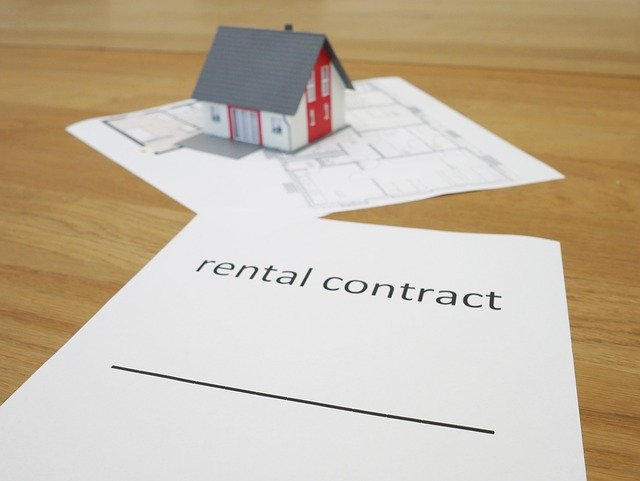Real Estate Agent Training for Property Agents
Real estate agent training prepares professionals for the practical, legal, and interpersonal aspects of working with property. Training ranges from initial licensing courses to continuing education and mentorship. Whether starting a new career or refining skills, effective training helps agents understand markets, contracts, ethics, and client communication while meeting regulatory requirements.

What is real estate training?
Real estate training refers to the structured education and practical instruction required to become and remain a licensed agent. This can include pre-licensing coursework required by local regulators, exam prep, and post-licensing programs that cover transactional processes, disclosure rules, and brokerage operations. Training formats vary: classroom instruction, online courses, workshops, and on-the-job mentorship. Good programs balance legal/regulatory knowledge with real-world practice so agents can handle property listings, negotiations, and client expectations responsibly.
What do training programs teach agents?
Programs commonly teach contract law basics, property valuation principles, fair housing rules, and ethics. Agents learn how to prepare and review purchase agreements, disclosures, and lease contracts. Sales techniques, marketing fundamentals, client intake, and negotiation strategies are also standard. Many programs include case studies and role-playing to reinforce communication and problem-solving. Courses aimed at new agents emphasize the mechanics of a transaction, while advanced modules focus on specialties such as commercial property, investment assets, or working with first-time buyers.
How does training improve property knowledge?
Training builds familiarity with property types, appraisal concepts, zoning, and local market dynamics. Agents study how location, condition, and comparable sales influence pricing and valuation. Fieldwork components—such as property inspections or comparative market analysis assignments—help translate theory into practice. By grounding agents in objective factors that affect property value, training enables clearer counseling for clients and more accurate listing strategies. This technical knowledge also supports informed referrals to inspectors, appraisers, and legal professionals when complex issues arise.
How does training affect agents’ career paths?
Consistent training supports a sustainable agents’ career by expanding service offerings and market credibility. Completion of recognized courses or designations can open new niches like commercial brokerage, property management, or luxury residential sales. Beyond certifications, training in soft skills—client management, time management, and business planning—helps agents manage leads and referrals. Ongoing education is often required to maintain licensure; it also keeps agents current on regulatory changes, financing trends, and evolving marketing practices that influence long-term career prospects.
What practical skills are covered in training?
Practical skills frequently covered include client interviewing, listing presentation development, open house hosting, and digital marketing for listings. Training often includes how to use multiple listing services (MLS), property photography basics, and social media strategies tailored to property promotion. Agents also learn transaction coordination, document management, and risk-reduction practices such as ensuring proper disclosures. Emphasis on compliance, recordkeeping, and ethical conduct reduces liability risk while improving client trust, which is essential for repeat business and referrals.
How to find training and local services in your area
To find relevant training, start with your state or national real estate commission’s approved course list and recognized professional organizations. Brokerages often offer onboarding programs and mentorship for newly licensed agents, while community colleges and online providers offer flexible pre-licensing and continuing education. When evaluating local services, consider course accreditation, instructor experience, practical components, and peer reviews. Look for programs that combine regulatory requirements with hands-on exercises and opportunities to network with other agents and industry professionals.
Conclusion
Real estate agent training combines regulatory education, technical property knowledge, and practical sales and marketing skills to support ethical, competent service in property transactions. Whether seeking initial licensure or ongoing professional development, prospective agents should choose programs that align with local licensing rules and their intended specialties. Continuous learning and applied practice are central to a durable career in real estate.






